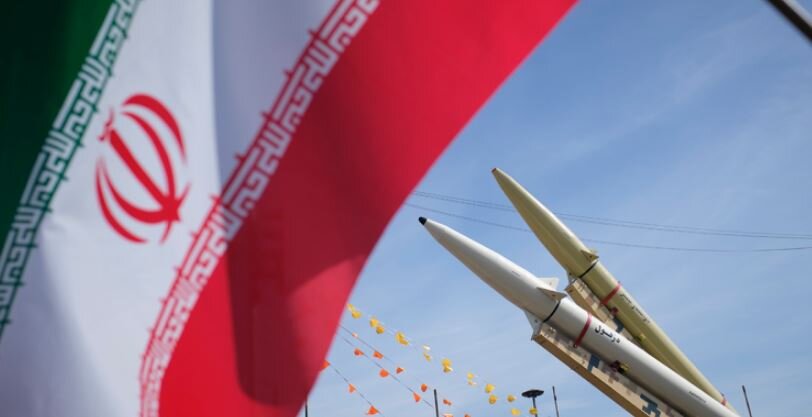Iran, the US, and Tehran’s options for deterrence and defense

LONDON – The relationship between Iran and the United States is considered one of the most complex issues in international politics, and since the Islamic Revolution of 1979, it has been marked by continuous tensions and reciprocal escalation.
Despite scattered efforts to reduce tensions, Washington still perceives Tehran as a threat to its regional interests, while Iran views the policies of the U.S. and its allies as attempts to weaken its strategic position.
In this context, U.S. and Israeli regime pressures to prevent the peaceful development of Iran’s nuclear program have increased, claiming that Iran’s future capabilities represent a potential threat. On the other hand, the logic of deterrence is a key component in Iran’s national security strategies, especially as major powers and regional competitors possess nuclear weapons, while Iran, despite its adherence to international commitments, remains the target of continuous international pressures.
Today, Iran stands at a crucial juncture that requires a comprehensive strategy—one that integrates military deterrence, effective diplomacy, and economic independence.
Nuclear deterrence and defense doctrine
Despite Iran’s emphasis on the peaceful nature of its nuclear program, Western pressures and continuous threats have forced Tehran to reconsider its defense strategies. Iran’s policies should be based on the following principles:
- Development of peaceful nuclear technology as an inalienable right, alongside strengthening conventional defense capabilities to create a deterrence balance.
- Development of precision ballistic and cruise missile capabilities to enhance strategic deterrence systems.
- Improvement of air defense and electronic warfare systems to counter air and missile threats.
Diversifying strategic alliances
Iran should Strengthen relations with major powers like China and Russia to ensure diplomatic support and access to advanced military technologies.
Furthermore, it should expand defense cooperation with allied countries within the Resistance Axis to establish a shared regional deterrence system.
Another important step would be to Invest in economic relations with neutral countries to reduce dependency on the Western financial system.
Strengthening economic capabilities to counter sanctions
Iran should put more focus on the development of domestic military and economic industries to minimize the impact of sanctions.
It should meanwhile, create alternative trade mechanisms through the use of local currencies and barter trade with allies.
Reducing public budget dependency on oil exports by diversifying income sources and strengthening non-oil sectors such as manufacturing, technology, and agriculture is another potentially effective option. The policy of reducing oil dependency as the cornerstone of economic governance can make the country more resilient to international pressures and lessen the direct impact of Western sanctions.
Political messages to the West and the Israeli regime
It is essential to remind Western powers that nuclear weapons ownership is not restricted to traditional powers, and various international players have gained such capabilities. In this context, despite the multiple security threats faced by Shiites, they remain deprived of this option. Also, the Israeli regime, which possesses an undeclared nuclear arsenal, cannot limit Iran’s choice of defense strategies.
Furthermore, the West must be made to understand that continuous pressure on Iran will only strengthen its resolve to enhance its defensive capabilities. Iran realizes that the U.S. respects only countries that possess elements of real power, as demonstrated in its dealings with North Korea and China. U.S. foreign policy shows that power is the determining factor in its interactions with countries. Iran and many other nations have been privy to that information for a long time.
Leave a Comment